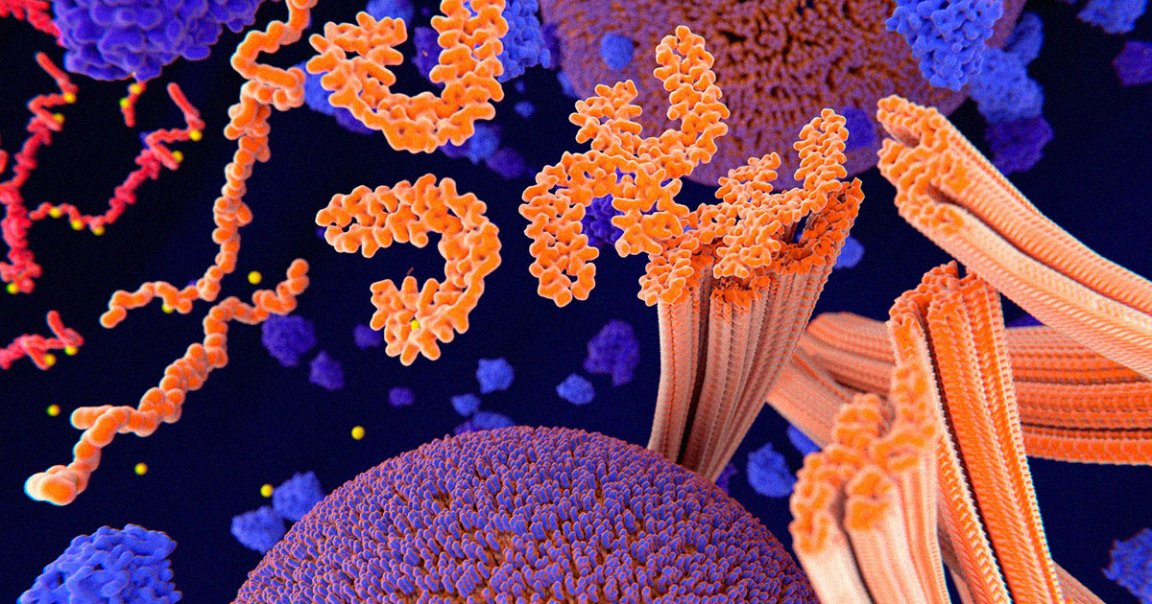
Researchers may have found the molecular-level cause for Alzheimer’s disease by looking deeper into the DNA tangles in the brains of dementia patients.
New research by scientists at the University of California — Riverside indicate that the key to understanding Alzheimer’s may lie in the “tau” proteins that make up these tangles, found in the brain of patients with dementia.
Doctors generally determine that a patient has Alzheimer’s or dementia if they find both brain plaques and tangles inside grey matter cells. But studies suggesting that one-fifth of people with brain plaques do not experience dementia led the UCR researchers to take a closer look at the understudied tau protein in an attempt to understand why it tangles and deposits the way it does.
Explaining the study, UCR Chemistry Professor Ryan Julian compared isomers, or different ways a single molecule and be shaped, to human hands.
“Hands are isomers of each other, mirror images but not exact copies,” Julian said. “Isomers can actually have a handedness.”
While the proteins inside the DNA of living organisms are normally made up completely of “left-handed” amino acids, the tau proteins found in dementia patients were “right-handed,” which is unusual. What’s more, the tau proteins of the brain samples UCR studied — donated by people who had plaque buildups but no dementia symptoms — were only left-handed.
“If you try to put a right-handed glove on your left hand, it doesn’t work too well,” Julian said. “It’s a similar problem in biology; molecules don’t work the way they’re supposed to after a while because a left-handed glove can actually convert into a right-handed glove that doesn’t fit.”
This microscopic revelation could have huge implications for Alzheimer’s research, as Professor Julian and his team prepare to study how and why the brains of dementia patients don’t “clear out” the defective tau proteins as fast as usual.
And, just maybe, it could lead to new treatments for a devastating disease.
Read more: Scientists discover potential cause of Alzheimer’s disease [University of California — Riverside]
More on Alzheimer’s research: Scientists May Have Discovered the Cause of Alzheimer’s Disease